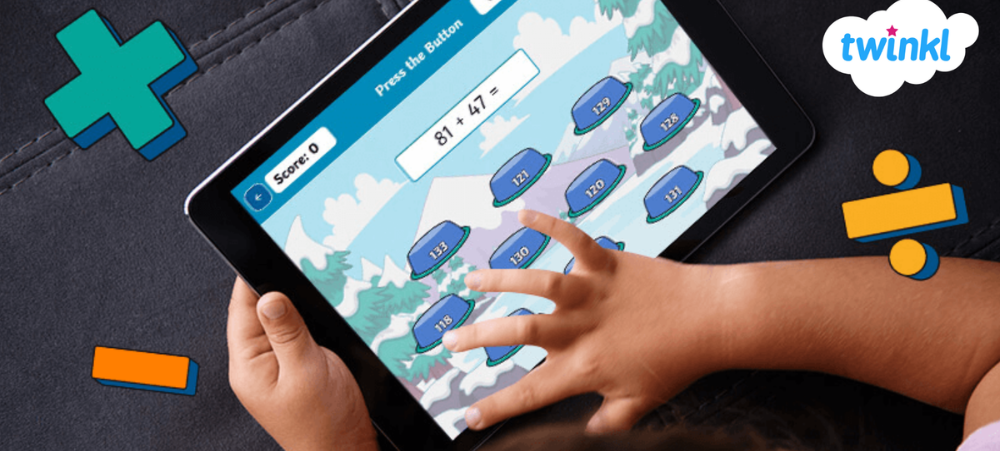In today’s rapidly evolving world, preparing our children for future success means equipping them with essential skills that go beyond traditional learning. As technology reshapes the job landscape – creating opportunities in fields like AI, data science and renewable energy – coding and robotics have emerged as vital components of education. But how can we, as parents and teachers, support our children in becoming innovators of tomorrow?
Demystifying Coding and Robotics for Young Learners
For many of us, words like “coding” and “robotics” might feel intimidating or foreign. But these subjects don’t need to be complex puzzles. Coding is simply a way of telling computers what to do through step-by-step instructions and robotics involves creating and controlling devices to perform specific tasks. When introduced in a child-friendly way, they become tools that encourage curiosity, problem-solving and creativity – skills that go beyond the classroom.
By integrating coding and robotics into early education, we’re giving students a foundation in computational thinking – a way of approaching challenges that’s as useful in everyday life as it is in a tech career. This foundation is also a passport to developing a future-ready skill set that includes resilience, adaptability and collaboration.
Creating Engaging Learning Environments
A supportive learning environment is important for awakening curiosity and experimentation. This does not require need high-tech labs; simple setups, like coding exercises on tablets or basic robotics kits, can spark interest and creativity. Teachers play a vital role by guiding exploration and encouraging questions, ensuring that students feel safe to test their ideas and learn from mistakes.
Future Nation Schools exemplify this approach with their innovative curriculum that combines traditional subjects with contemporary skills, such as digital literacy and entrepreneurship. Our focus on project-based learning allows students to apply coding skills to real-world scenarios, fostering collaboration and critical thinking – skills essential for both academic and professional success.
The Importance of Competency-Based Learning
The Departments of Basic Education’s move to include coding and robotics in educational curricula reflects a growing understanding of the skills needed for the future. By focusing on competencies such as “Apply Computational Thinking” and “Create or Complete Patterns”, the curriculum will prepare students not just with knowledge but with the ability to approach problems logically and creatively. This aligns perfectly with the needs of the 21st century, where adaptability and innovation are key.
Project-Based Learning (PBL): Making Coding and Robotics Fun and Engaging
Project-Based Learning (PBL), a learning approach that is used at Future Nation Schools, is an exciting way to bring coding and robotics to life. By working on projects, students don’t just learn to code or build robots – they learn to think critically, collaborate and solve problems. Imagine a classroom where students are designing a robot that sorts recycling or coding an app that helps their classmates learn math. These aren’t just assignments; they’re hands-on projects that make learning come alive and foster a sense of achievement and purpose.
Empowering Parents and Teachers as Partners
Parents, your involvement is invaluable. By showing enthusiasm for coding and robotics, you inspire your children and reinforce the importance of these skills. Encourage curiosity by asking about their projects and reminding them that setbacks are part of the learning process. When children feel supported, they’re more likely to explore new ideas and persist through challenges.
Teachers also play a very important role in this journey. By staying informed on the latest teaching practices in coding and robotics, you can transform these subjects into accessible, enjoyable learning experiences. The more invested you are in your professional development and acquiring the latest knowledge in the field of coding and robotics, the greater the growth for you as a teacher and your students as learners and leaders.
Bridging the Digital Divide
A big challenge in modern education is ensuring that every student has access to technology. Introducing children to coding and robotics opens doors to countless future opportunities. These subjects nurture foundational skills that children can use no matter where their interests lead them. This commitment helps create an inclusive environment where every child can thrive in a digital world.
Preparing for Future Careers
As we look to the future, many of the jobs our children will hold don’t yet exist. The skills learned through coding and robotics empower students not just to seek jobs but to create them. By fostering a mindset of innovation, we prepare our children for a world filled with possibilities.
Moving Forward Together
Let’s continue this conversation and support our children as they develop skills that will shape their futures and the future of our society. Whether as a teacher guiding a lesson or a parent encouraging exploration, we all play a part in building tomorrow’s innovators today. Together, we can ensure that our children are not just ready to adapt to change but are equipped to lead in a world where innovation is the key to success.
For more information on this subject visit to watch the latest Future Nation Schools webinar https://futurenationschools.com/futuretalk/
Revolution through relevant, futuristic, Africa-focused and technology-enabled education.
Future Nation Schools, which has campuses in Fleurhof and Lyndhurst, offers quality,
affordable, African-centred education for Pre-School, Primary and High School.
The curriculum comprises an enhanced National CAPS curriculum, delivered through Project BasedLearning, and an IEB examination in Grade 12.
- Nurturing Tomorrow’s Innovators: The Role of Parents and Teachers in Coding and Robotics Education - November 21, 2024
- Play and project-based learning: cultivating future leaders through innovative education - September 11, 2024
- Embracing the New Coding and Robotics Curriculum:A Guide for South African Teachers - July 31, 2024





